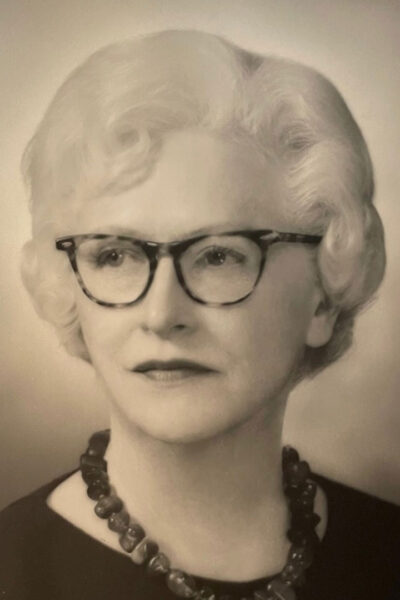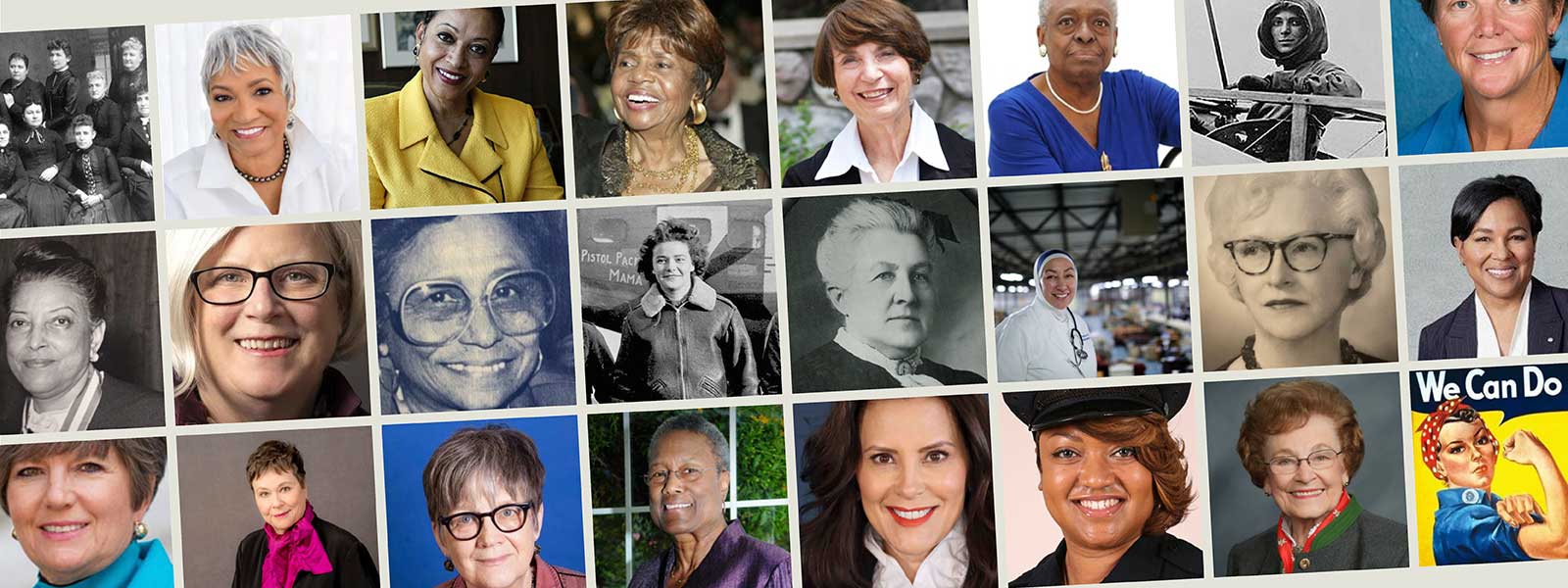Mary Locke Petermann

Born in 1908, Mary Locke Petermann was an American cellular biochemist best known for her key role in the discovery and characterization of animal ribosomes, the molecular complexes that carry out protein synthesis. Born in 1908, Dr. Petermann dedicated her life to science and research at a time when women were not commonly accepted in these roles. After graduating from the University of Wisconsin in 1936 with a Ph. D. in physiological chemistry, Dr. Petermann stayed on at the University, becoming their physical chemistry department’s first female chemist staff member and remained there as a postdoctoral student until 1945. While at the University of Wisconsin, Dr. Petermann discovered cell organelles called ribosomes, first named “Petermann’s Particles”. This discovery was groundbreaking for cancer research, and Dr. Petermann’s research to understand the role of ribosomes became an important factor in the development of an effective vaccine for COVID-19. In 1946, Dr. Petermann became a Finney-Howell Foundation Fellow at the newly formed Sloan-Kettering Institute for Cancer Research where she eventually became the Institute’s first female full member in 1963. While at Sloan-Kettering, she also taught biochemistry at Cornell University’s Graduate School of Medical Sciences and became Cornell’s first female full professor where she remained until her retirement in 1973. Partly due to her experiences with salary discrepancies between equally qualified females and males, Dr. Petermann organized the Sloan-Kettering Center Association for Professional Women and served as its president in 1975. Over her lifetime, Dr. Petermann authored over 100 scientific papers, and her research on antibodies contributed to Rodney Porter’s determination of immunoglobulin structure, for which he received the 1972 Nobel Prize.
Dr. Petermann’s tenacity and intelligence allowed her to break through many glass ceilings, becoming the “first” of many things. Her accomplishments in a non-traditional career, spanning 40 years from the 1930s to the 1970s, are remarkable. Her legacy will live on forever as a role model for girls and women considering scientific fields as potential careers.





